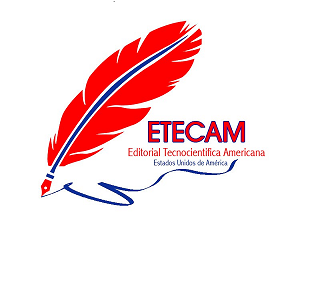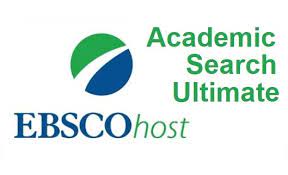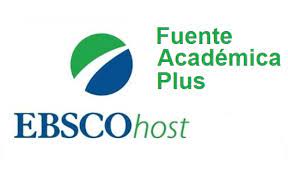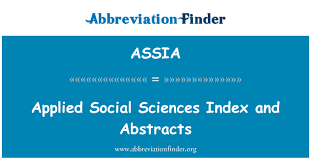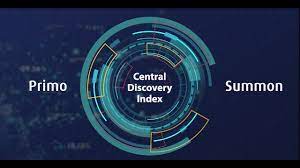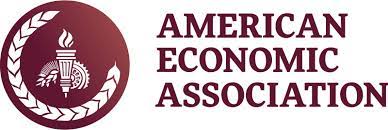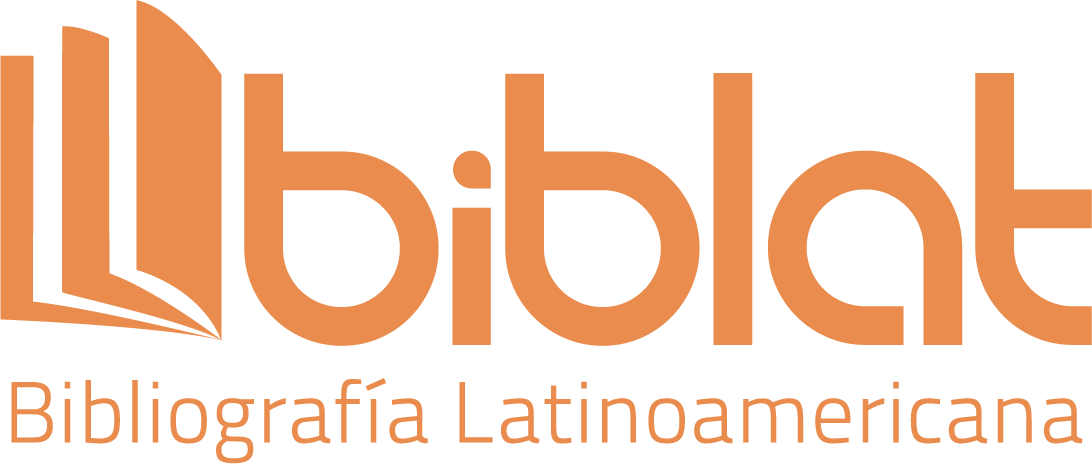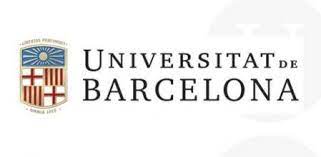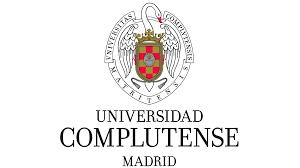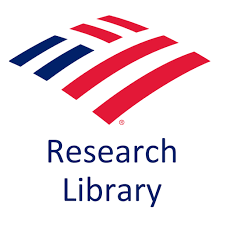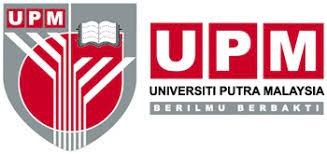ABP strategy for problem solving in middle school Mathematics
DOI:
https://doi.org/10.51736/sa.v7iEspecial%202.219Keywords:
solving skills, Problem Based Learning, mathematics education, academic achievement, general basic education.Abstract
This study addresses the critical problem of seventh grade students of basic general education in terms of problem-solving skills in Mathematics. Recognizing the importance of these skills in comprehensive education, the objective was to design and implement a strategy based on Problem-Based Learning (PBL) at the Ángel Polivio Chávez School in Cuenca. The sample, composed of 120 seventh grade students, was subjected to pre- and post-test evaluations, surveys and standardized tests. The strategy was designed in three phases: preparation, implementation and evaluation, and adjustment, covering teacher training, development of meaningful problems and assessments aligned with PBL. Pretest results revealed notable deficiencies, with 62.5% of students scoring 0-4. Following the implementation of the ABP, posttest results exhibited substantial improvements, most notably with 62.5% achieving levels of 6-10. The qualitative assessment showed specific improvements in problem comprehension, logical reasoning, application of concepts, and aptitude for dealing with novel situations. These results suggest that the PBL strategy emerged as an effective tool to strengthen problem-solving skills in mathematics in seventh grade students, which evidences its relevance in improving academic performance.
Downloads
References
Ahdhianto, E., Marsigit, H., & Nurfauzi, Y. (2020). Improving fifth-grade students’ mathematical problem-solving and critical thinking skills using problem-based learning. Universal Journal of Educational Research, 8(5), 2012-2021.
Amalia, E., Surya, E., & Syahputra, E. (2017). The effectiveness of using problem based learning (PBL) in mathematics problem solving ability for junior high school students. International Journal of Advance Research and Innovative Ideas in Education, 3(2), 3402-3406.
Arteaga-Martínez, B., Macías, J., & Pizarro, N. (2020). La representación en la resolución de problemas matemáticos: un análisis de estrategias metacognitivas de estudiantes de secundaria. Uniciencia, 34(1), 263-280.
Astriani, N., Surya, E., & Syahputra, E. (2017). The effect of problem based learning to students’ mathematical problem solving ability. International Journal of Advance Research and Innovative Ideas in Education, 3(1), 3441-3446.
Chinofunga, M. D., Chigeza, P., & Taylor, S. (2023). Concept Maps as a Resource to Enhance Teaching and Learning of Mathematics at Senior Secondary Level. International Journal of Innovation in Science and Mathematics Education, 31(1).
Faqiroh, B. Z. (2020). Problem based learning model for junior high school in Indonesia (2010-2019). Indonesian Journal of Curriculum and Educational Technology Studies, 8(1), 42-48.
Gamarra Astuhuaman, G., & Pujay Cristóbal, O. E. (2021). Resolución de problemas, habilidades y rendimiento académico en la enseñanza de la matemática. Revista Educación, 45(1), 176-189.
Hendriana, H., Johanto, T., & Sumarmo, U. (2018). The Role of Problem-Based Learning to Improve Students' Mathematical Problem-Solving Ability and Self Confidence. Journal on Mathematics Education, 9(2), 291-300.
Huda, W. N., Suyitno, H., & Wiyanto, W. (2017). Analysis of Mathematical Problem Solving Abilities in Terms of Students' Motivation and Learning Styles. Journal of Primary Education, 6(3), 209-217.
Hussin, W. N. T. W., Harun, J., & Shukor, N. A. (2018). Problem based learning to enhance students critical thinking skill via online tools. Asian Social Science, 15(1), 14.
Maulyda, M. A., Hidayati, V. R., Rosyidah, A. N. K., & Nurmawanti, I. (2019). Problem-solving ability of primary school teachers based on Polya’s method in Mataram City. Pythagoras, 14(2), 139-149.
Maulidia, F., Johar, R., & Andariah, A. (2019). A case study of students’creativity in solving mathematical problems through problem based learning. Infinity Journal, 8(1), 1-10.
Mulyanto, H., Gunarhadi, G., & Indriayu, M. (2018). The effect of problem based learning model on student mathematics learning outcomes viewed from critical thinking skills. International Journal of Educational Research Review, 3(2), 37-45.
Ramadhani, R., & Narpila, S. D. (2018). Problem based learning method with geogebra in mathematical learning. Int. J. Eng. Technol, 7(3.2), 774-777.
Säfström, A. I., & Lithner, J. (2020). Problem solving as a learning activity–an initial theoretical model. Sustainable mathematics education in a digitalized world, 131-140.
Seibert, S. A. (2021). Problem-based learning: A strategy to foster generation Z's critical thinking and perseverance. Teaching and Learning in Nursing, 16(1), 85-88.
Simamora, R. E., Sidabutar, D. R., & Surya, E. (2017). Improving learning activity and students’ problem solving skill through problem based learning (PBL) in junior high school. International Journal of Sciences: Basic and Applied Research (IJSBAR), 33(2), 321-331.
Vélez, J. J. T., Vizcaíno, C. F. G., Álvarez, J. C. E., & Zurita, I. N. (2020). Aprendizaje Basado en Problemas como estrategia didáctica para el desarrollo del razonamiento lógico matemático. Revista Arbitrada Interdisciplinaria Koinonía, 5(1), 753-772.
Yurekli, B., Stein, M. K., Correnti, R., & Kisa, Z. (2020). Teaching mathematics for conceptual understanding: Teachers’ beliefs and practices and the role of constraints. Journal for Research in Mathematics Education, 51(2), 234-247.
Published
How to Cite
Issue
Section
License
Copyright (c) 2024 Bertha Azucena Tenecela Jerez, Silvia Magaly Analuisa Martinez, Arian Vázquez Alvarez, Wilber Ortiz Aguilar

This work is licensed under a Creative Commons Attribution-NonCommercial-ShareAlike 3.0 Unported License.













